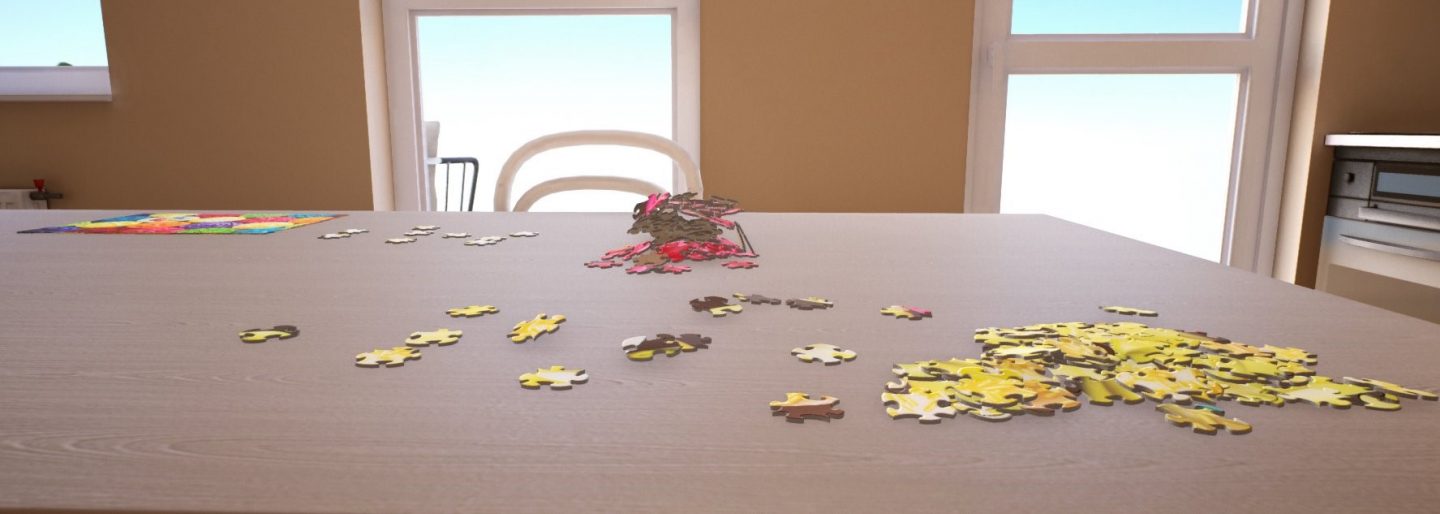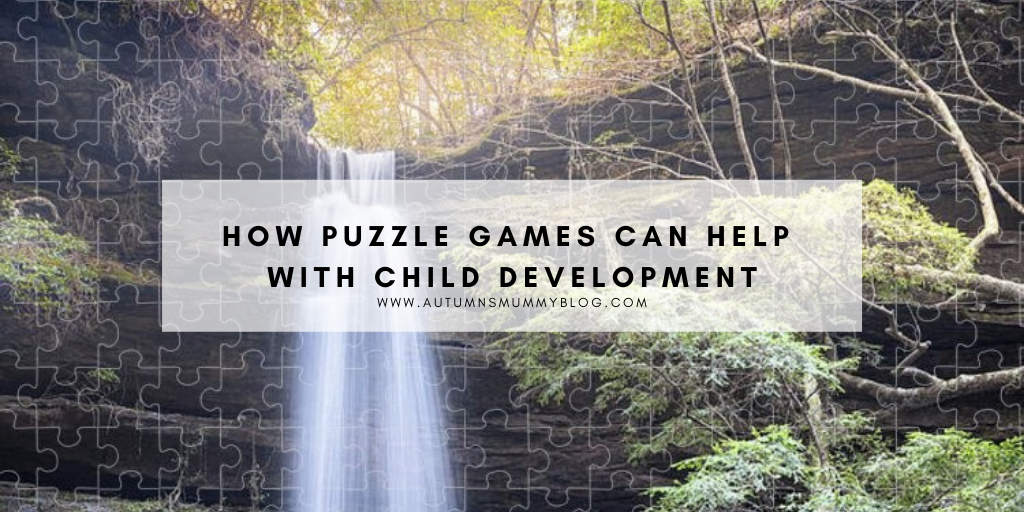
(Image via https://twitter.com/JordanHillPhoto)
Collaborative Post¦ What we put into our bodies is what we get out of them. The same most definitely applies to children, especially when it comes to brain development and what is beneficial or potentially harmful to them. There are many ways in which a child can boost their overall brain power, be it through some healthy foods or some educational books, but puzzle games are said to be hugely worthwhile also.
In fact, puzzles are a mentally challenging and hugely popular activity for children of all age groups. Physical puzzles, such as a jigsaw product, provide a range of benefits that can really help a child with their development. Despite what we may have been told previously, some video games provide a number of notable benefits, too, especially when assessing the array of go-to online puzzle games out there, such as Family Zoo: The Story and Tangle Master 3D. Puzzle games provide the mental stimulation every child requires, while also offering a range of encouraging developmental aspects that parents around the world are discovering on a daily basis.
Whether your preference is the odd video game-themed puzzle or a more traditional option, below is a look at a range of benefits solving puzzles can offer a child, especially around development.
A puzzle session can aid cognitive development and improve memory
For some people, the puzzle options available for download on an iOS or Android smartphone device can keep their child entertained for a few hours. Alternatively, a puzzle book can provide a great deal of entertainment also. Whichever option appeals to your child, there are a number of ways in which a go at some puzzle-solving can aid cognitive development and improve memory. In order to solve a puzzle, we have to make the right choices, come up with a strategy and carefully put together each piece in order to uncover the larger picture. This action alone enables a child to think carefully and evaluate the best possible way in which they can tackle the obstacle in front of them. Immersing themselves in a puzzle can also enable a little one to understand various aspects of life, be it through the addition of some animals or cars, and become familiar with society. Additionally, puzzles can improve memory, largely because a child has to use their brain in order to determine where each puzzle piece fits.
Puzzles can boost a child’s fine motor development and hand-eye coordination

(Image via https://twitter.com/ccolors95)
Fine motor development is another benefit of solving puzzles as they require a child to gain an understanding of pieces that come in a variety of shapes and sizes. From there, a child has to find the right slot to fit the puzzle piece into, therefore helping them to test a selection of shapes until the correct slot is successfully located. As a result of this evident brainpower being utilised, a child can experience improved dexterity in both their hands and fingers, while also developing small muscle movements. Alongside this, both video game-themed puzzles and traditional puzzles can dramatically improve hand-eye coordination. As a child decides on the right piece to select and where it might belong, their eyes and hands work together in unison to make the right choice, see if it fits, and then find an alternative if their selection is wrong on that occasion.
They’re fun and educational
Perhaps most attractively of all, puzzles provide a range of educational benefits and a solid dose of fun. Not only do children have to think strategically and potentially learn about various things along the way, but they’re fun too and can really bring out the best in a little terror.
So, next time there’s a jigsaw puzzle up for sale or a popular puzzle game to download, see if your child is keen on tackling it; they’ll potentially thank you for it in later life.
